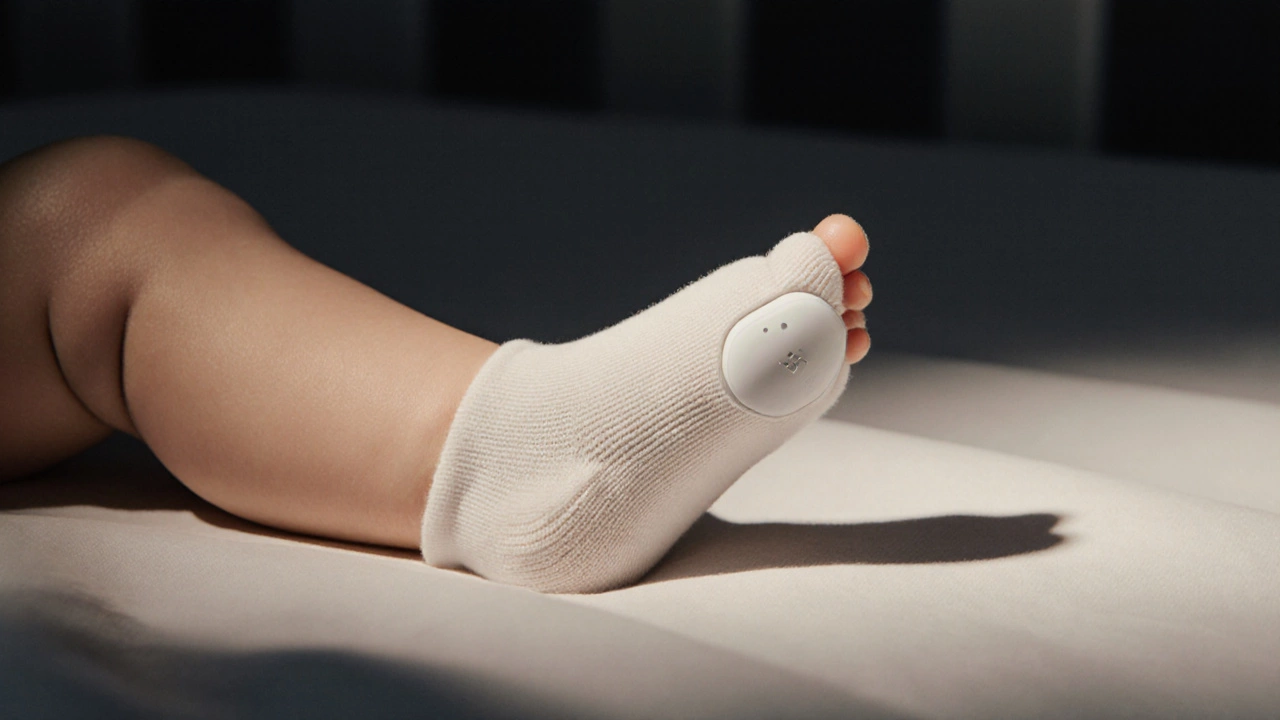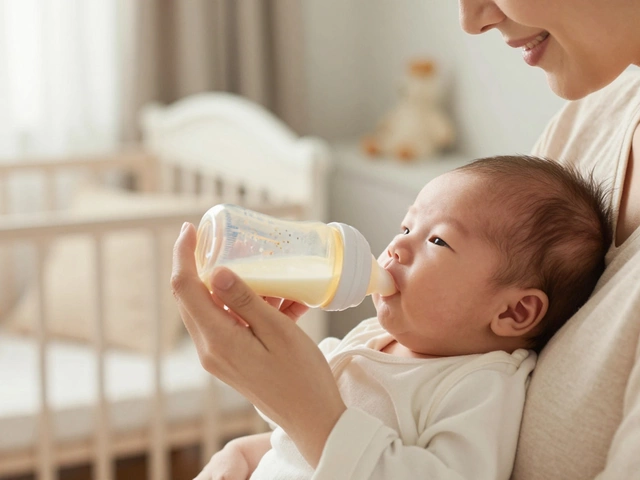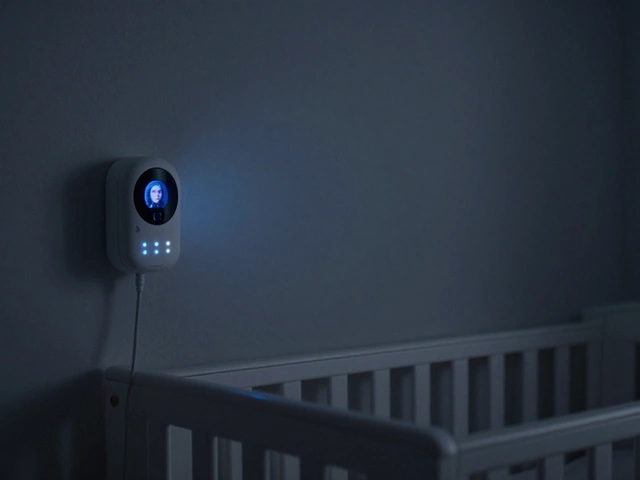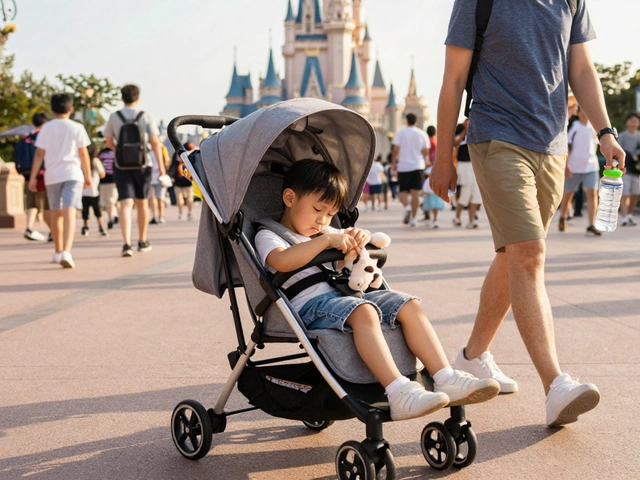Sleep Tracker for Babies: What Works, What Doesn’t, and What You Really Need to Know
When you’re new to parenthood, every night feels like a mystery. Is your baby sleeping enough? Are those wake-ups normal? That’s where a sleep tracker for babies, a device or app designed to monitor an infant’s sleep cycles, movements, and breathing patterns. Also known as infant sleep monitor, it promises to give you peace of mind by turning sleep into data. But here’s the thing—most of these gadgets don’t tell you what you actually need to know.
Let’s be real: babies don’t sleep like adults. Their cycles are shorter, their wake-ups are frequent, and their sleep patterns change every few weeks. A baby sleep monitor, a device that tracks breathing, heart rate, or movement during sleep. Often marketed as a safety tool, but many pediatricians warn it can create more anxiety than clarity might show you your baby woke up five times—but it won’t tell you if that’s normal for a 4-month-old. And that’s the problem. The real issue isn’t the tracker—it’s the expectation that sleep should be perfect. Meanwhile, infant sleep patterns, the natural, evolving rhythm of how babies sleep, including naps, night wakings, and sleep cycles. Vary wildly by age, health, and even feeding method are completely different from what apps and wearables assume. A 2023 study from the American Academy of Pediatrics found that parents using sleep trackers were more likely to report sleep problems—even when their baby’s sleep was perfectly normal for their age.
What you really need isn’t a fancy device. You need context. You need to know that a 6-week-old waking every 2 hours isn’t broken—it’s biology. That a 9-month-old suddenly refusing naps might be teething, not sabotaging your sleep. That a baby sleep quality, how restful and restorative a baby’s sleep is, based on duration, depth, and frequency of awakenings. Is influenced more by routine, light, and feeding than by a wristband or camera is shaped by your home environment, not just the gadget on the crib. The posts below cut through the noise. You’ll find real talk about why some sleep trackers give false alarms, how to turn your iPhone into a no-cost monitor, what pediatricians say about popular brands like Owlet, and whether your baby even needs a tracker at all. No fluff. No fear-mongering. Just what works for real families in the UK.

Are wearable baby monitors worth it? Real pros and cons for new parents
Wearable baby monitors claim to track your baby's health while they sleep-but are they worth the cost and stress? Learn what they really do, what experts say, and what actually keeps babies safe.
view more



